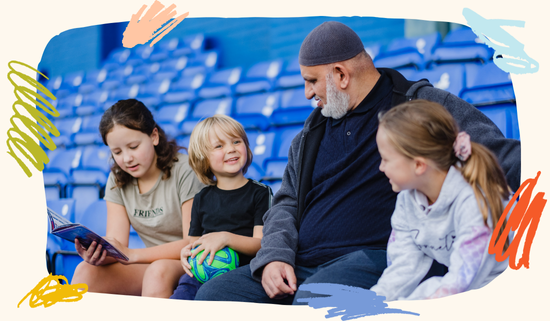Types of foster care
There are eight different types of fostering:
- Short-term
- Long-term
- Emergency
- Short-break
- Specialist
- Parent and child
- Unaccompanied asylum-seeking children
- Supported lodgings
- Short-term foster care involves temporarily caring for a child until a permanent long-term plan for the child’s care is agreed. Short-term foster carers look after children and young people until they can return to their family home or go to live with a close relative or family friend. If that is not possible, short-term foster carers will support the child during their transition to long-term foster care or adoption.
- Long-term foster care (also known as permanence) is where a foster carer agrees to provide stable and ongoing care for a child for a long period, often into adulthood. Long-term fostering is for children and young people who cannot return to their family home, and where adoption is not possible.
- Emergency foster care is when immediate action is required to take care of a child. As such, these instances occur at very short notice, often with only a few hours’ warning and at any time of the day or night. Emergency foster carers look after a child on a temporary basis until a care-plan for the child is established.
- Short-break foster care is when a foster carer steps-in and looks after a child for short period of time, allowing the child’s foster carer to have a short break and take some planned time out. Short-break foster carers can also provide support to other foster carers who look after children with additional needs.
- Specialist foster care involves caring for children or young people who have additional complex, physical, emotional or educational needs.
- Parent and child fostering is a specialist type of fostering that involves providing care to both a parent and their child who need a safe place to live. The primary focus of this type of foster care is to help the parent and child stay together as a family unit.
- Fostering for unaccompanied asylum-seeking children involves providing a safe and supportive home for children who have arrived in the UK without a parent or guardian. These children, who may speak little or no English, have often fled their home countries due to conflict, natural disasters, persecution or other forms of violence.
- Supported lodgings care involves caring for a young person over the age of 16 as they become an independent adult. Supported lodgings carers pass on important life skills to the young people in their care, such as preparing nutritious meals, budgeting and finances, and managing a home. They can also support young people with their studies, apprenticeships and finding employment.

.webp)





